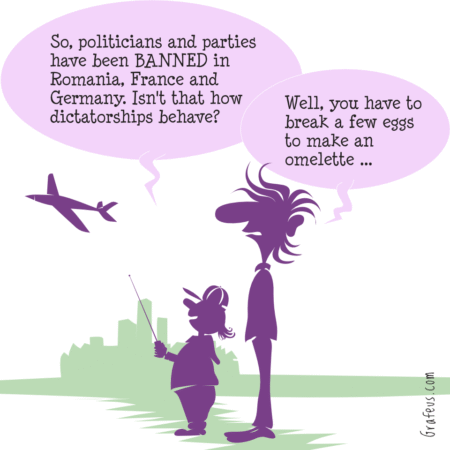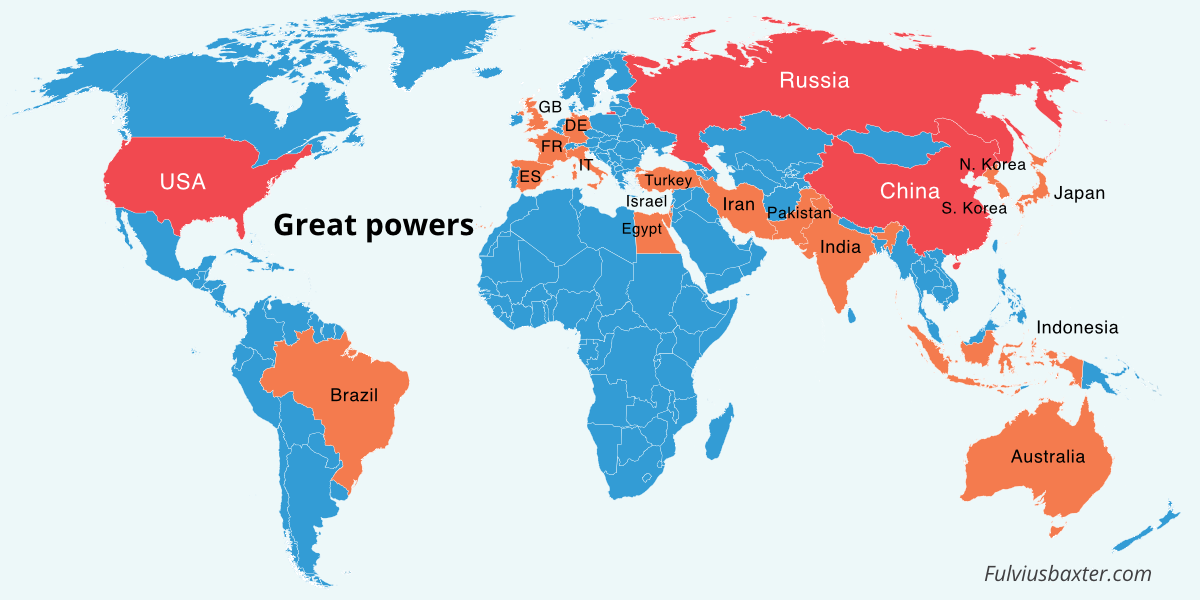 If we were to summarise post-war policies, three points stand out. We have had this agenda for 50-60 years now:
If we were to summarise post-war policies, three points stand out. We have had this agenda for 50-60 years now:
Open borders
It sounds unbelievable to many people, but the concept has crept into our everyday lives. We can hear it, for example, in John Lennon’s song Imagine, or from very different political camps such as neoliberals and socialists. A borderless world where everyone can travel and live wherever they want. It sounds beautiful, almost fairytale-like. When you get into discussions with these people, you often get comments like this: “What is a border, what is a country?” And then you have to think about the ridiculousness of national borders drawn by some old ancestor with a quill pen on a map. And to the inexperienced minds of the young, borderlessness sounds perfectly logical. Immigration and mass migration are not necessarily about providing help and protection to refugees. First and foremost, it is about borders being an anomaly, something that is not needed any more.
Lower penalty scales for the disadvantaged
The perception of the criminal has slowly shifted from being a dangerous and unpleasant person – to a victim, or a curable condition. We feel sorry for the criminal. Consequently, sentencing scales should be lowered and offenders should be constantly given second chances. Give a thought to concepts like “criminal rehabilitation”.
Higher taxes and harsher penalties for those who carry the burden of society
Ordinary decent citizens often face higher penalties if they happen to break laws and regulations, even if it’s are minor offences. Ordinary workers are also expected to pay high and increasing taxes to support the system. Because they are fortunate, they are expected to contribute more to society, in order to equalise social barriers.
All political parties have incorporated these points into their programmes, socialists and conservatives alike, even if the thinking is originally liberal or social liberal. These policies have been slipped into election campaigns and political pamphlets, as anyone with the slightest sense of politics knows. We have been voting for these points consciously or unconsciously for over 60 years. They have often been sold in terms of solidarity, justice, freedom, etc.
Often we are blind to the ideological implications, that there are people who really believe in this. Of course, these ideas can also be used to gain power and personal success. It is not just about pure ideology. Migration can contribute to more votes in elections for certain parties. Increased immigration can also provide access to cheap labour, while keeping the established workforce on the sidelines and giving them less bargaining power. Releasing serious criminals into society is also a way of instilling fear in the well-behaved population, making them more compliant and docile. As fear and inferiority are required to milk the population of 30-50% taxes across the Western world, which are historically incredibly high levels. Perhaps the three points were introduced as innocent liberal programmes, maybe the purpose was good, perhaps it would have worked in well-defined areas with control and feedback. But it was never about to be cautious or scientific.
Many argue that we have been deceived, misled and subjected to social experiments. But it’s partly our own fault, and it’s hard for many to digest, even if the political message has been visible all along.









